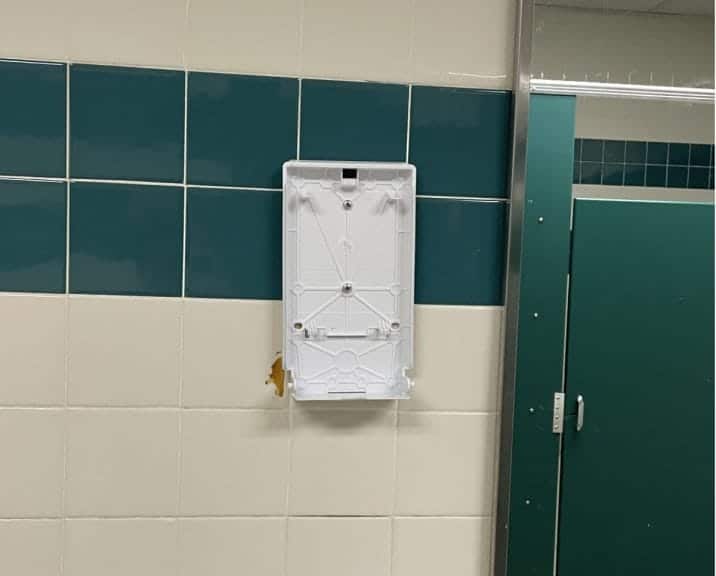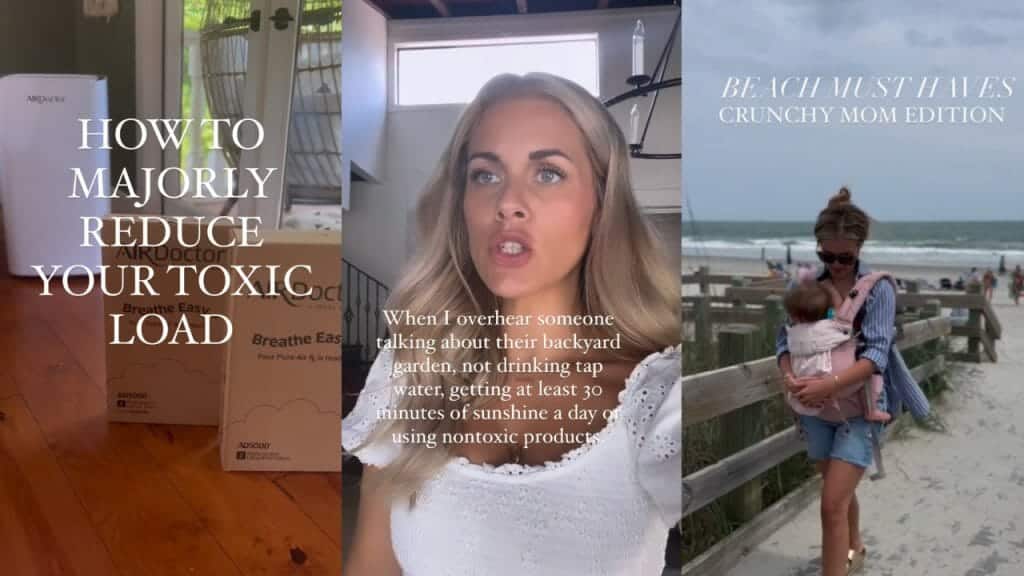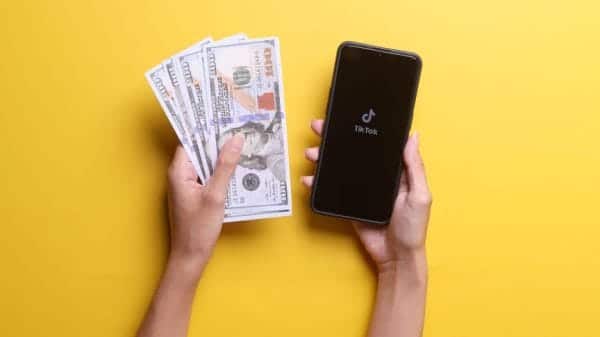What is the one source of information your teacher always told you not to trust?
Wikipedia.
Never cite Wikipedia because anyone can modify or create content. That makes sense because what credibility do random strangers on the internet have?
Most people would say none, but then again, most people are on TikTok. According to statistics drawn from the beginning of 2023, the social media platform has reached 1.5 billion users.
People are creating, liking, saving, and sharing media content across the world. This global connection is creating a new era of information where users are the producers, consumers, and critics.
What’s the big deal?
Well, this era opens the door for mass interconnection, it closes the door for expertise. Instead of four years in medical school and three to seven years of residency, good-old neighbor Sally, who lost ten pounds herself, can give you the secret to health.
In hindsight, that sounds positive because information is free and immediately accessible. But just like using Wikipedia in a school project, it will come back to bite you in the ass.
People have become so trusting of this media platform that “TikTok said” is a valid response to “How do you know that?”
From conspiracy theories to diets to politics, TikTok has people ready to shove their opinions down your throat.

But no one sees it as that. Just like in this snapshot, who is the girl on the left mad at? Definitely not the algorithm that fed her upsetting content but another girl who is waging her own online body image war. Beauty standards and bodychecking have taken on a whole new life with TikTok’s interactive and visual setup.
You are not in control
In reality, TikTok feeds you what it thinks you want to eat—be that sour or spicy, it’s all about the bite. CNN noted in a 2023 article that “it’s the most egregious videos that keep them engaged” when referring to what teens want to watch.
In an effort to grab and hold teen attention that is already faltering, information is delivered in an easily digestible and visually engaging way. Instead of an hour-long news special, consumers are in the driver’s seat, skipping, searching, and saving when they please.
The false sense of control that this provides is quite paradoxical. Although users might be choosing what videos to engage with by liking, commenting, and sharing, it is TikTok that provides the options. Like going out to a restaurant, you can only order what’s on the menu.
This social media menu has created a world where people walk the streets confident in misinformation in disinformation—all provided by creators they probably couldn’t even name.
The pace at which people consume TikToks makes it rare for viewers to stop and source check—content is heard, digested, and accepted.
“Infotainment” and trends on TikTok
Our generation is growing up soaking in information and entertainment in the same straw—negating that there are differences between the two.
Sure, that negation is harmless in instances like the TikTok above, deciding who the new Olivia Rodrigo song is about. So what if the video is just gossip and you live the rest of your days thinking she hates Taylor Swift?
But things start to get sticky when topics become accessible to viewers. While the Olivia Rodrigo ordeal might only manifest into a mean comment, TikTok covers more than pop culture.
One example is the “Devious Lick” trend that went viral in 2021. In this trend, people vandalized and stole school property. Many videos blew up, gaining the attention of mass amounts of student-aged media consumers. These young and impressionable kids took to their own devious licks.

Credit: Wikimedia Commons
Real money was lost from schools, and students faced real disciplinary consequences all because of a TikTok trend.
And unfortunately, this is not the worst of them. According to a Bloomberg Businessweek report, there have been 15 deaths linked to the widely spread “Blackout Challenge,” which involves choking oneself with a household item until blacking out.
When these are the types of videos that blow up and gain attention, it is time to ask ourselves how much TikTok is helping and how much it is hindering. Entertainment should not come at such a high cost.
WHAT DO MEDIA USERS THINK?
Depending on who you ask, people have a range of opinions surrounding the app. Funny enough, a large sum of users will acknowledge TikTok’s faults without stopping to change how they use the app. A user at Emerson College notes,
“It’s easy to trust information that could be entirely fabricated because I never actually try to look it up myself.”
Frances Markey
She is not alone in that either because TikTok has truly mastered the old saying “getting sucked into screens.”
It sucks users in so much that simple tasks, like fact-checking or outsourcing, become far-fetched. In fact, fact-checking has gone to the app as well. Markey also mentioned that when she does look for proof, she will “look at the comments to see a general consensus.” Not only does further interaction with a video bolster the algorithm, but the people debating it out in comment sections likely have no more expertise than the creator.
Another college freshman from CU Boulder found that she did learn things on TikTok occasionally.
But if so “it was completely useless.”
Eris Sanders
Because really, what good is it knowing which New York chain has the best cheesecake as a Colorado resident?
This concept of irrelevant information is another pivotal point in our new era. Beyond whether content is true, is any of it inherently useful? This is widely subjective, but most people can admit that what falls into the category of “useful” is changing.
Not only has TikTok shifted the ways we consume information, it has shifted the landscape of information as a whole.
The trial and error portion of life has been offered an alternative—a search bar.
Is ___ a good college? What’s the best place to stay in Costa Rica? Does the book __ end well? How do I make my crush like me?
These random examples illustrate one point. Has TikTok barred us from gaining information beyond a screen?
Going back, around, and onward
Because this era is relatively new, there is still time to grow alongside it instead of getting stalled within it. TikTok as a platform is revolutionary in how people can connect globally and create anywhere.
Debating whether or not we were better without it is useless because rarely will society technologically regress. Mass communication and information are a part of our world now, which means that people must shift the way they consume content.
The bottom line is that TikTok should be taken with a grain of salt. Think false until proven true instead of the other way around.
Think of what you would do if some random person who you know nothing about—not their educational background or job, came up to you on the street. If they told you “only eat fruit from now on” would you ditch your granola bar for their version of health?
Hopefully not. Hopefully, that hypothetical scenario sounded crazy. But then again, TikTok’s like that exist—same connotation but different method of delivery. Has sparkly packaging changed common sense?
Let’s get that sense back
Unwrap your content, dissect it, look where it comes from and who it came through. When individual media citizens become responsible for their own media literacy, then and only then can the landscape and platforms serve as beneficial.
Just as when society shifted to the written word, people had to become literate. Now, as society shifts into a new era of information, we have to become literate in a different way. It is a type of literacy that involves critical thinking and practice.
As much as TikTok as a company argues there are guidelines in place that hold up the app’s integrity, no mass mandating could do that kind of heavy lifting. When platforms are available to anyone and every one, some people will inevitably use it incorrectly.
So it is our new Wikipedia, with images, editing, captioning, filters, special effects, and billions of creators.
Don’t use “TikTok said” as justification. You can find a TikTok that “says” almost anything.














